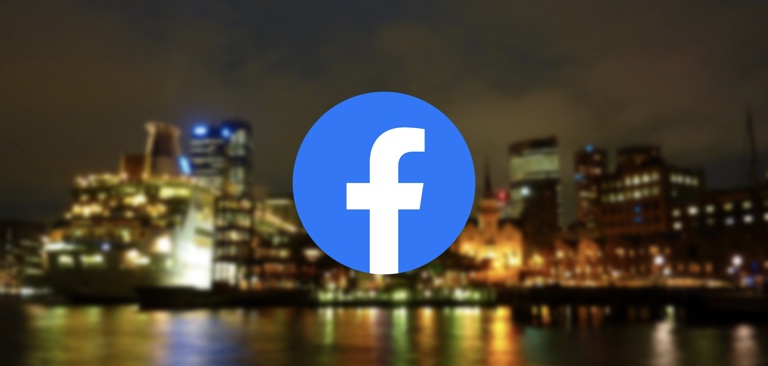Yesterday, the conflict between Facebook and the Australian government over Australia’s proposed new Media Bargaining law came to a head when the tech giant announced that it will “restrict publishers and people in Australia from sharing or viewing Australian and international news content.”
The Australian government, politicians from around the world, and the mainstream media responded by framing Facebook as the villain, accusing it of engaging in “an assault on a sovereign nation,” and demanding that it be “brought to heel” and forced to pay for news.
But there are two villains.
While the prospect of Facebook being able to suddenly cut off millions of users’ access to information is chilling and Facebook’s implementation of these restriction resulted in collateral damage, the proposed law that led to this situation is also chilling because it attacks one of the most important principles of a free and open internet – the ability to freely link to content.
By preemptively opting out, Facebook is, in this instance, actually defending this crucial principle.
Under the new law, the Australian government will impose a link tax by forcing Facebook and Google to pay mainstream media news outlets when users link to them, cementing the legacy media’s dominance through government intervention. Not only will the law force the tech giants to pay for sending free traffic to legacy media outlets but it will also force Facebook and Google to send traffic to mainstream media.
“To my knowledge, there is no current example of legally requiring payments for links to other content,” Tim Berners-Lee, the inventor of the World Wide Web, wrote in a letter to the Australian Senate about this proposed law. “The ability to link freely—meaning without limitations regarding the content of the linked site and without monetary fees—is fundamental to how the Web operates.”
Facebook echoed these concerns in its statement on restricting news sharing in Australia: “This legislation sets a precedent where the government decides who enters into these news content agreements, and ultimately, how much the party that already receives value from the free service gets paid.”
Not only does the law undermine the principle of being able to link freely but it also props up the mainstream media outlets which have consistently pressured Facebook and other tech companies into undermining another essential principle of a free and open internet – the ability to speak freely.
Through their reporting, mainstream media outlets have pressured Facebook and other tech giants into cracking down on so-called “hate speech” and “misinformation.” As a result of this media pressure, internet users are now censored if they challenge the mainstream media’s narrative on topics such as coronavirus vaccines, the infamous Wuhan lab, and more.
The Australian government has welcomed these growing crackdowns by encouraging Facebook to continue censoring what it deems to be misinformation.
This new law would give both the Australian government that welcomes online censorship and the mainstream media outlets that push for online censorship even more power.
Although Facebook is now pushing back against a law that’s antithetical to the principles of an open internet, this volatile situation could have been avoided if Facebook hadn’t spent years constantly caving to mainstream media pressure.
Tech companies such as Facebook provided the infrastructure that allowed anyone with a computer or smartphone to circumvent the mainstream media gatekeepers and broadcast their thoughts to the world. The marketplace of ideas decided that this new independent online media model was superior to the old mainstream media model. Online creators, commentators, and independent media outlets quickly overtook the mainstream media outlets in terms of reach and views.
Yet rather than allowing events to take their course and letting the more agile and innovative new wave of independent online media displace the slow and stagnant mainstream media model, Facebook stepped in and artificially propped up these mainstream media outlets.
When these mainstream media outlets realized that Facebook would respond to their pressure campaigns and censor online creators who were rising up to compete with them, then of course they doubled down and continued to exert more pressure. Facebook incentivized the behavior.
And after years of kowtowing to this pressure, Facebook has helped to build this warped reality where meritocracy is being discarded and both the Australian government and the mainstream media actually believe tech companies should be required by law to send free traffic to failing media outlets and be charged for it.
This belief has become so pervasive that governments around the world are now eager to implement similar laws. Microsoft is pushing for a similar law to be enacted in the US and Canada is planning to introduce a similar law.
In the long-run, market forces will win. Other governments have tried and failed to legally mandate the outdated idea that mainstream media outlets should be gatekeepers and deserve the support of government and Big Tech to artificially maintain their position. For example, when Spain tried to force Google to pay mainstream media news outlets for the use of their snippets in Google News, Google shut down the Spanish version of the service.
But now, instead of there being a smooth transition to this new independent online media model where meritocracy rules, Facebook will have to navigate this highly chaotic transitionary period where the old guard aggressively tries to cling to its remaining power.






















